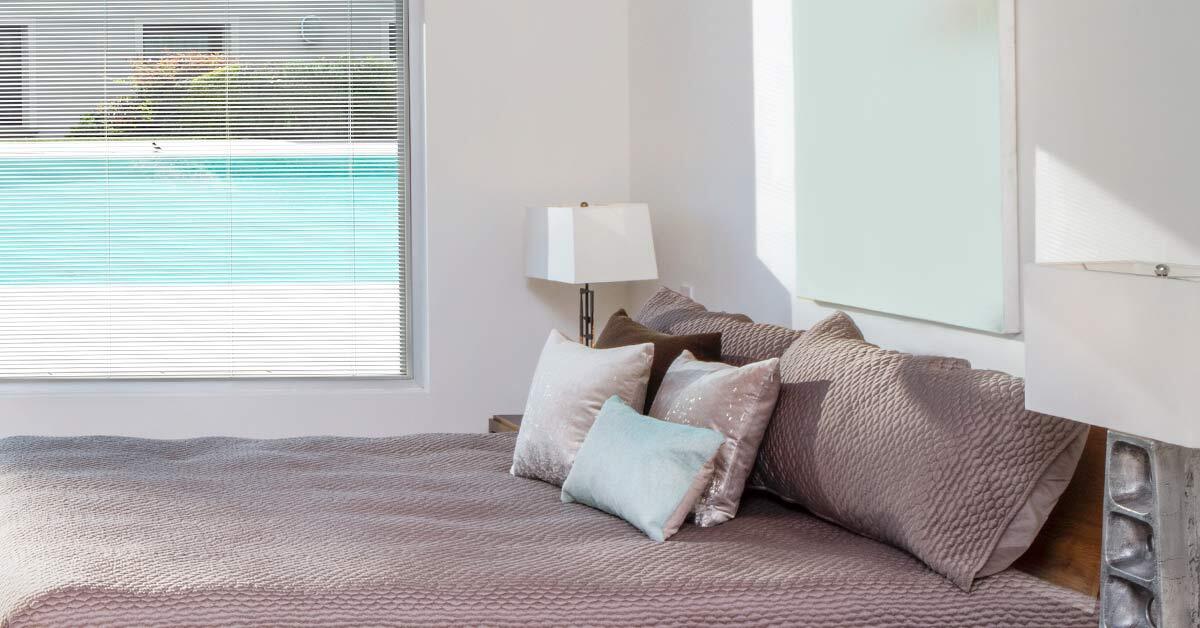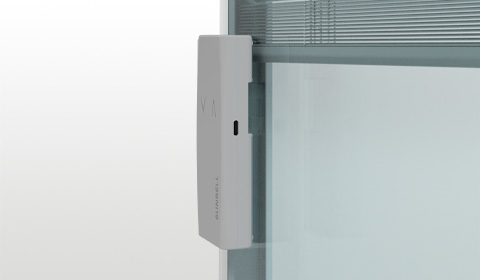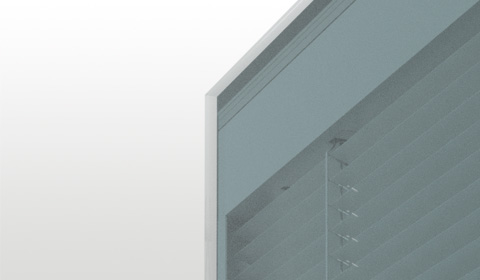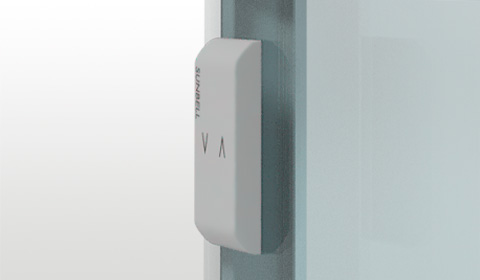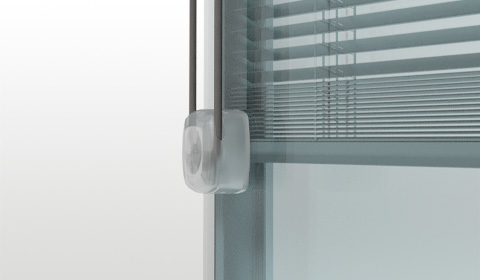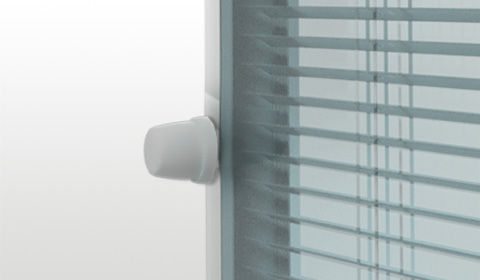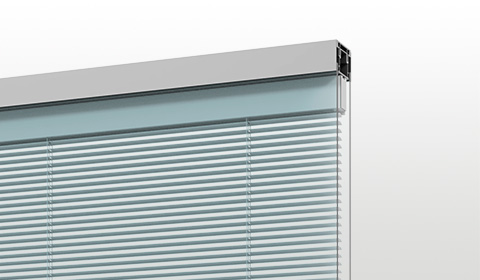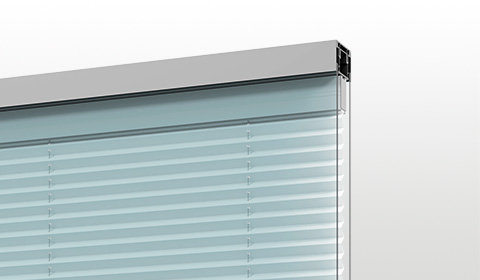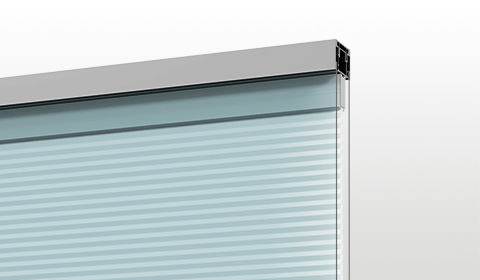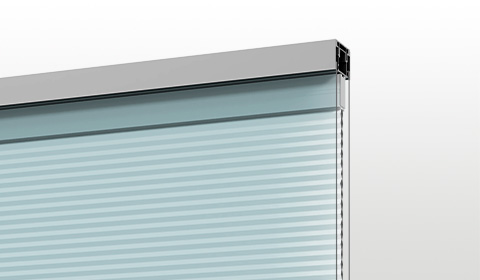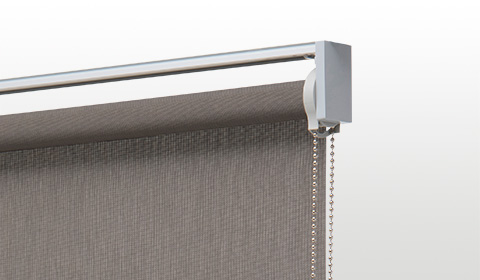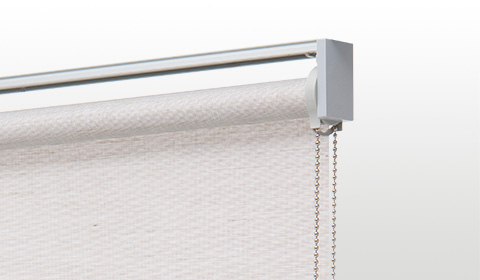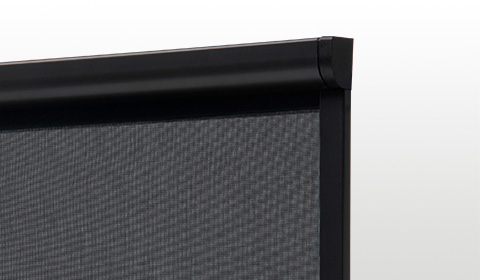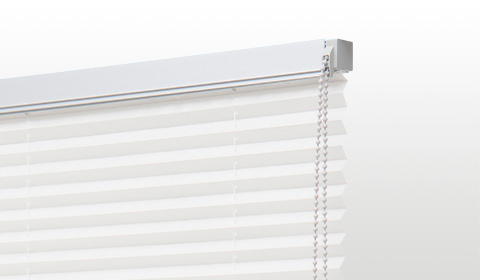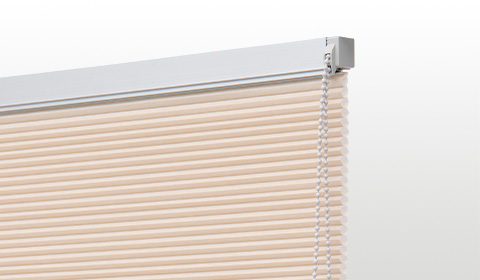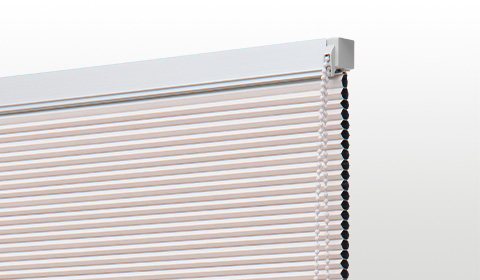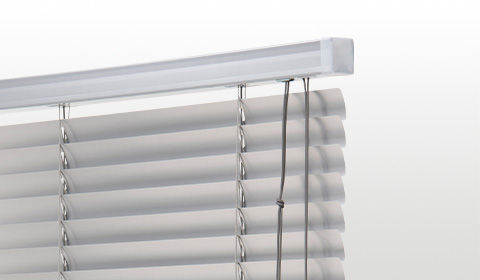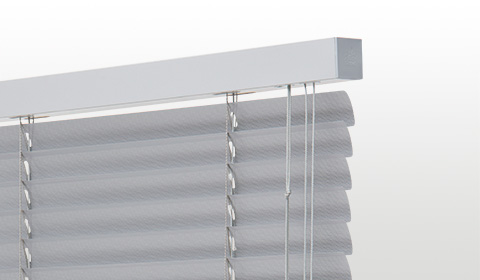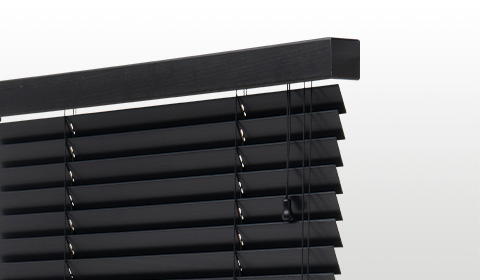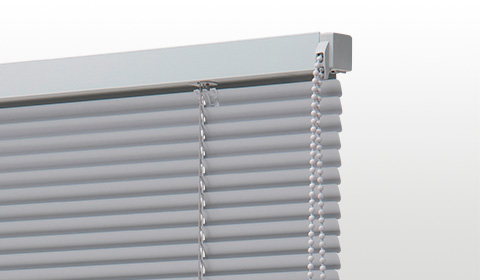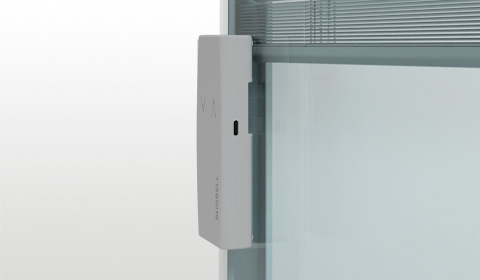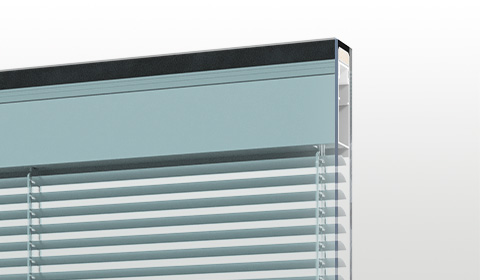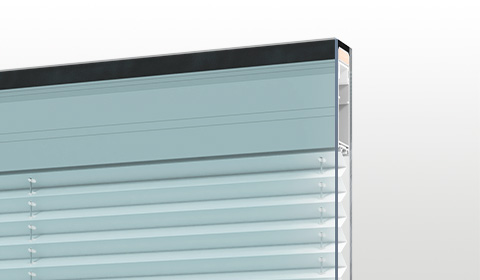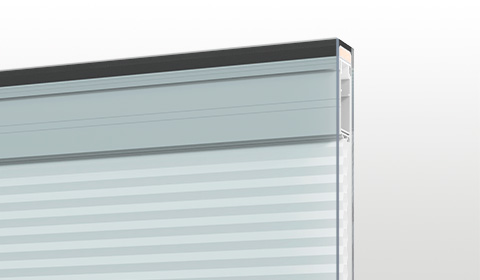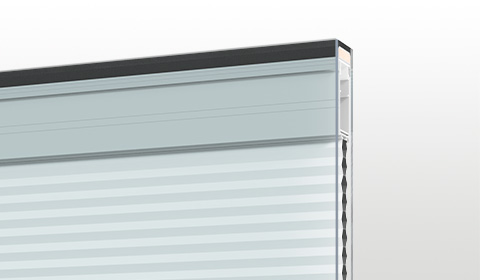A hotel’s Duty of Care represents a legal obligation to guarantee the safety and wellbeing of its guests, and this has always been a crucial aspect for any hotel establishment and its management.
After the beginning of the coronavirus pandemic, many hotel managers have started to take this already important aspect for their work as a fundamental objective to follow, not just because of the new regulations but also to meet client expectations.
From now on, hotels’ guests will be paying much more attention to all the essential precautions taken to guarantee their health and wellbeing.
Let’s take a look at the most important considerations to be taken before reopening.
Social distancing
Until a vaccine for this new coronavirus is developed, public health measures like social distancing will be a standard all over the world.
In this sense, a hotel should be able to provide the following safety measures:
- Provide hand sanitizer dispensers everywhere in the hotel, especially in communal areas such as halls, restaurants and meeting rooms;
- Install social distancing signs in communal areas;
- Redistribute seating arrangements in restaurants, halls and lounges;
- Implement contactless check-in via apps and without keys;
- Room service delivered just outside a guest’s door.
As well as guaranteeing social distancing, one of the most important requirements for hotel establishments will be the cleanness of the bedroom and all the communal areas.
Cleaning Standards
Hotel establishment cleanness and hygiene have always represented a competitive advantage in the travel industry, and the importance of this factor is likely to increase because of Covid-19.
Every hotel should verify its cleaning procedures and align them to international standards provided by the World Health Organization and by the standards of its country.
A few of the guidelines include:
- Clean all the hard surfaces (floors, desks, false ceilings, tables) with a standard disinfectant, a solution of bleach or mix with at least 70% alcohol;
- Regularly disinfect the areas that get more contact with hands, such as doors handles, safety boxes, minibars and TV remote controls;
- Laminate menus and hotel guides with plastic, so that they can be regularly cleaned and disinfected;
- Change hotel items such as gowns and slippers even if they appear to be unused by the previous guests;
- Increase the number of cleaning shifts in the communal areas and make sure that the personnel always wear masks and gloves;
- Wash all the sheets and towels with a disinfectant washing detergent and don’t forget to regularly sanitise bedcovers, rugs, decorative cushions and curtains that clearly cannot be changed after every single visit.
Now let’s take a look at this last point – the cleaning and sanitation of window treatments.
Curtain Cleaning
As we have seen, in the guidelines from the World Health Organisation, the recommendation is to clean furnishing accessories, such as curtains, more regularly.
The protocol for hotel sanitation outlines how cleaning should be done with a 90° wash or with bleach.
These regulations are useful and effective for the safety of the guests, but they clearly present high costs as well as being very labour intensive.
Advantages of double-glazing Venetian blinds
A solution that represents a great compromise between hygiene and financial savings is the use of double-glazing Venetian blinds.
In this system, blinds are sealed inside the two glasses of the window to prevent the accumulation of dirt and bacteria compared to traditional curtains and to protect them from the atmospheric agents that could ruin them.
With this solution, there is no need for maintenance and regular washes, especially because no one ever touches the blind itself.
The opening system can be manual, with cord or a rod, or even automatic with a simple button or remote control.
These would be the only elements that need regular cleaning, but they would never need the same amount of work required to uninstall, clean and re-install traditional curtains regularly.
The implementation of these new systems and guidelines plus a skilful communication strategy promoting their use for the safety and wellbeing of your guests will surely offer your establishment a competitive advantage.

